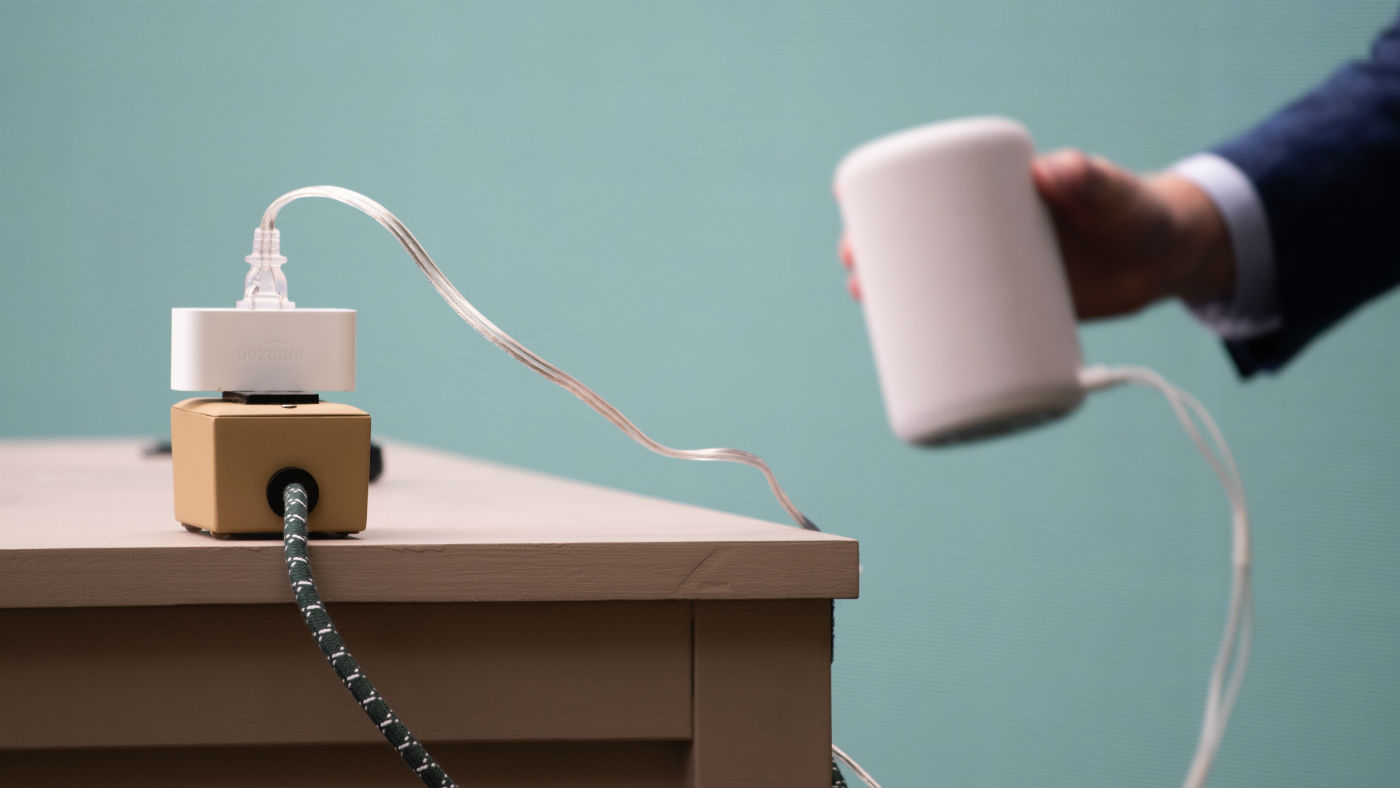Amazon Alexa to ‘give evidence’ in double murder case
Court order sets up potential privacy fight, although it is not the first time smart speakers have been used in criminal cases

A free daily email with the biggest news stories of the day – and the best features from TheWeek.com
You are now subscribed
Your newsletter sign-up was successful
An Amazon Echo smart speaker has effectively been called to give evidence in a double murder case after a judge in the US ordered the tech giant to provide investigators with recordings from the device.
Timothy Verrill is charged with killing Christine Sullivan and Jenna Pellegrini by stabbing each woman multiple times at his home in New Hampshire in January 2017.
The speaker, which features the artificial intelligence voice assistant Alexa, was seized from the house by investigators and may have captured audio that could provide key evidence.
The Week
Escape your echo chamber. Get the facts behind the news, plus analysis from multiple perspectives.

Sign up for The Week's Free Newsletters
From our morning news briefing to a weekly Good News Newsletter, get the best of The Week delivered directly to your inbox.
From our morning news briefing to a weekly Good News Newsletter, get the best of The Week delivered directly to your inbox.
The order granting the search warrant, obtained by TechCrunch, said that there is “probable cause to believe” that the Echo picked up “audio recordings capturing the attack” and “any events that preceded or succeeded the attack.”
The ruling sets up a “potential privacy fight” says CNET.
The company told the Associated Press last week that it won’t release the information “without a valid and binding legal demand properly served on us.”
However, The Independent says “it is not the first time US authorities have attempted to obtain data from an Amazon Echo device in order to help solve a murder”.
A free daily email with the biggest news stories of the day – and the best features from TheWeek.com
In 2015, an Echo device was seized by police investigating the suspected murder of a man found floating face down in a hot tub in Arkansas.
Following a legal to-and-fro Amazon finally agreed to hand over the data, but only after the accused voluntarily agreed to the recordings being released.
“Such interactions may constitute expressive content that implicates privacy concerns and First Amendment protections,” the company's lawyers wrote in a court filing at the time.
When TechCrunch contacted the major players in the smart home space, only one device maker had a transparency report and most had no future plans to publish one, “leaving consumers in the dark on how these companies protect your private information from overly broad demands”.